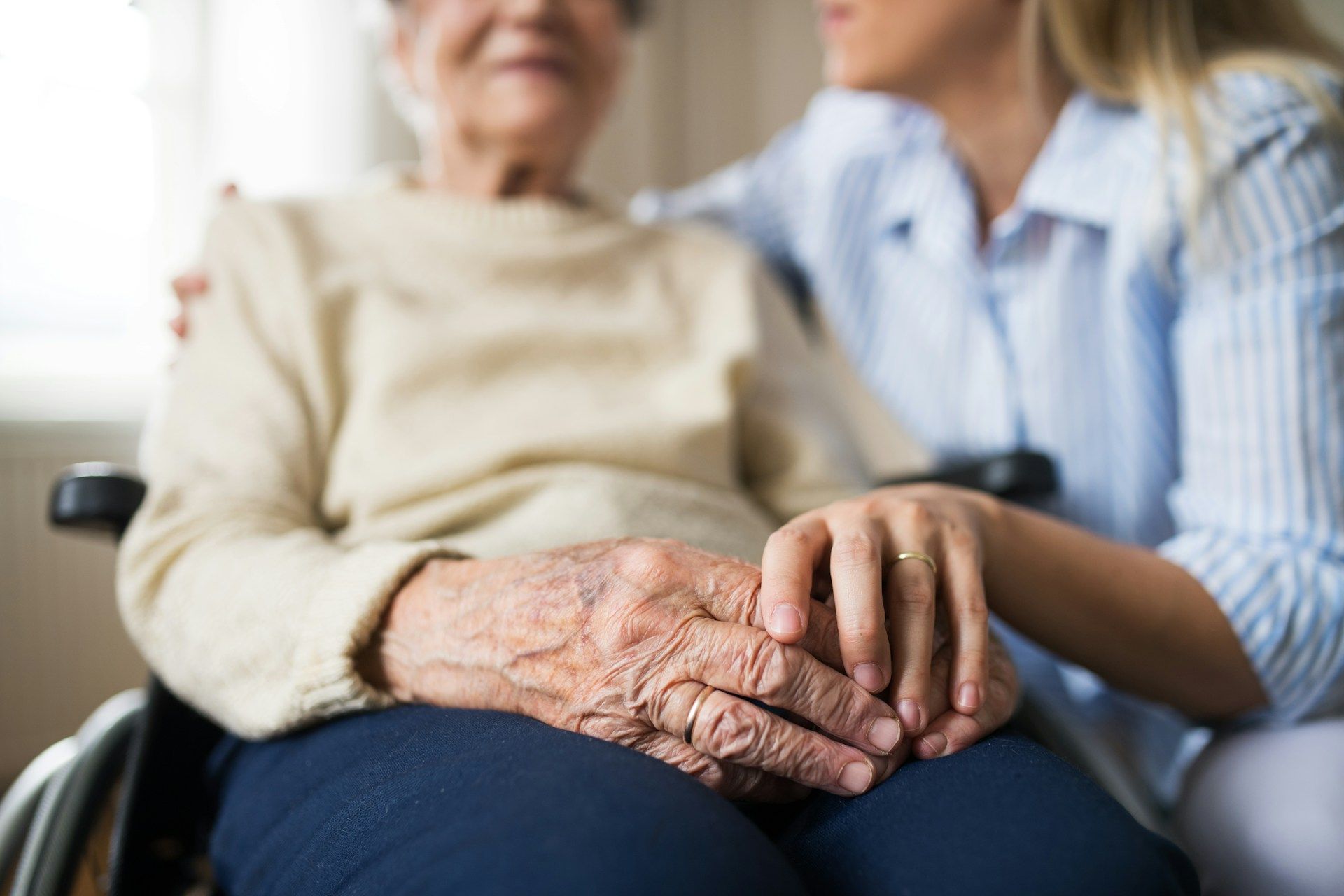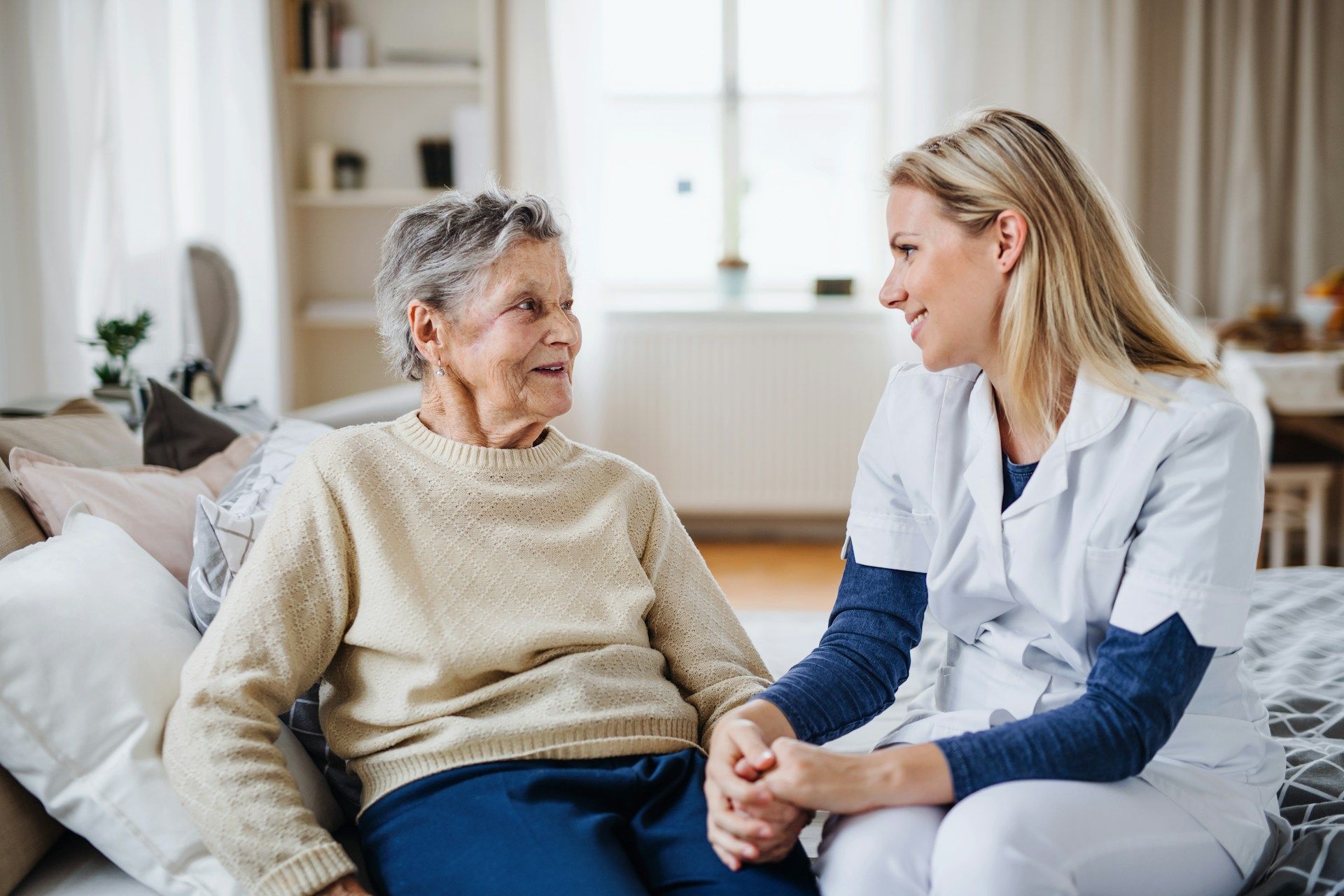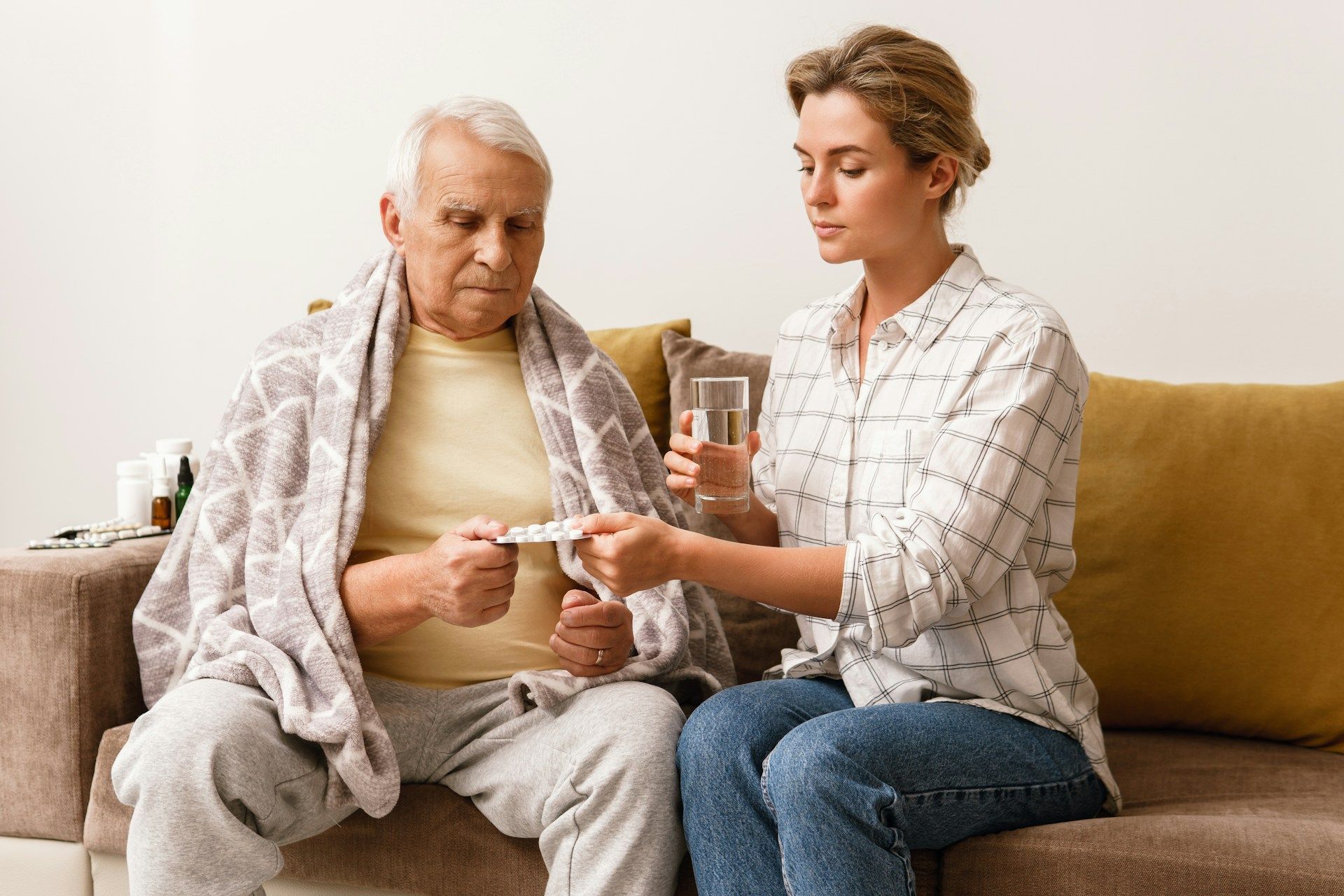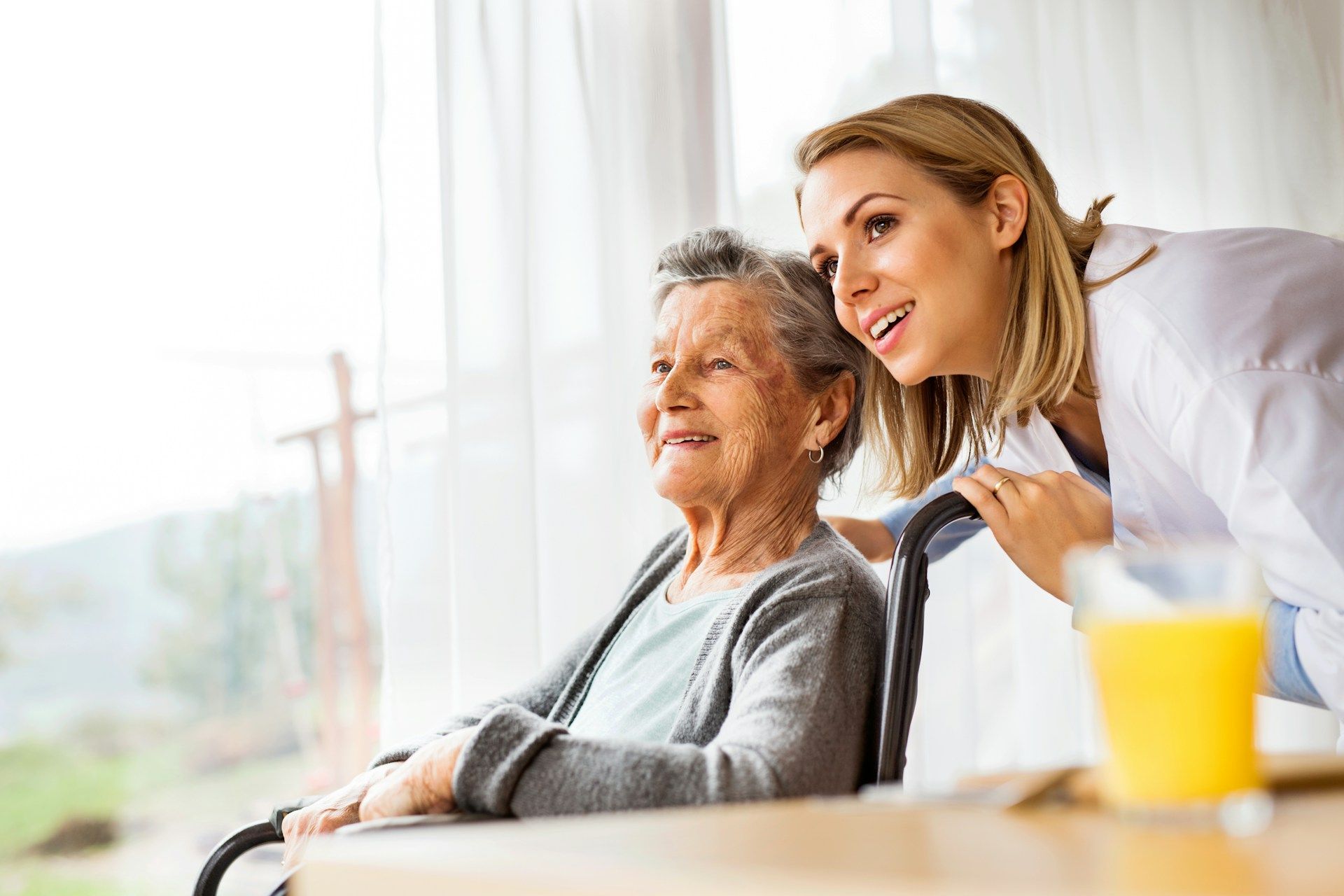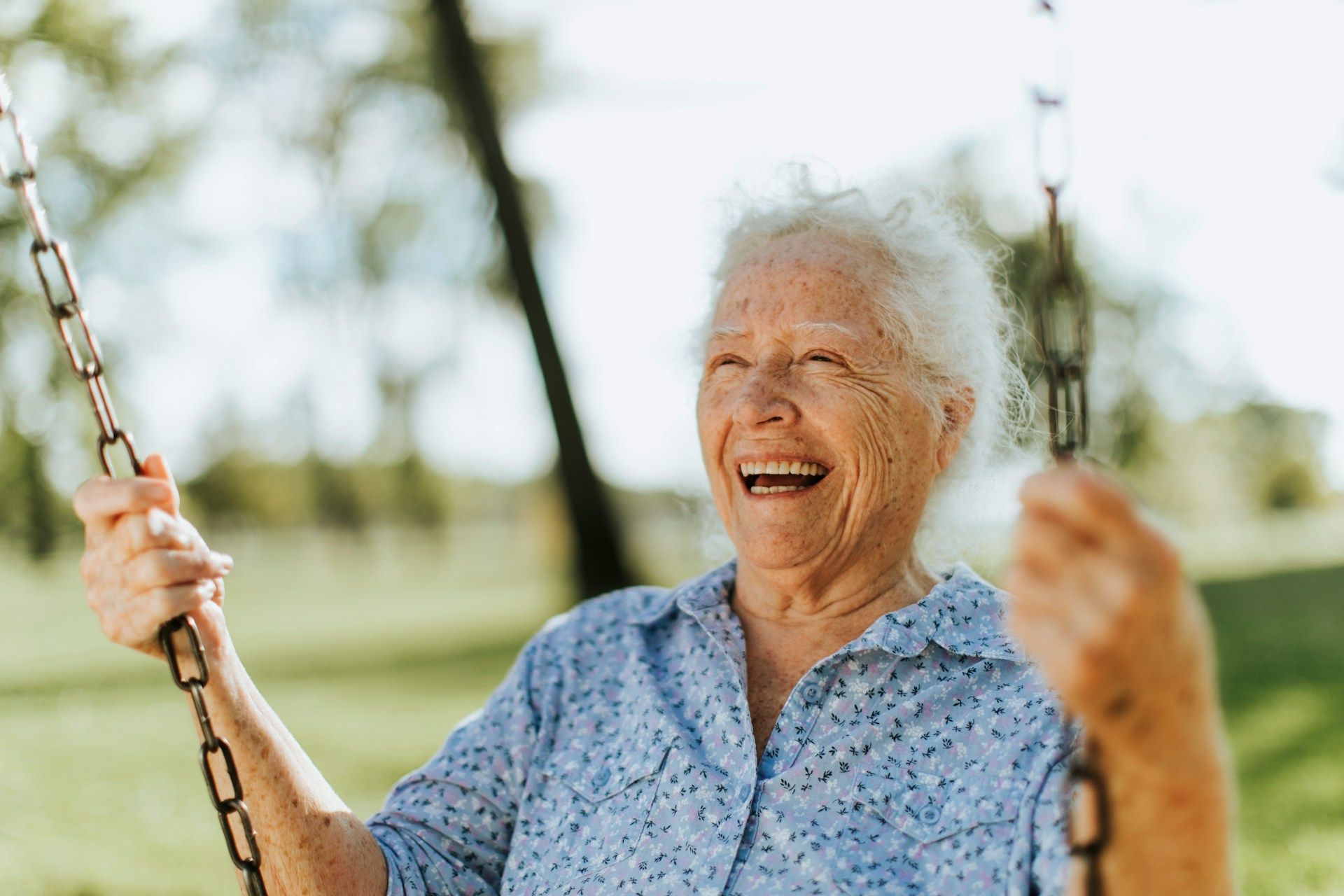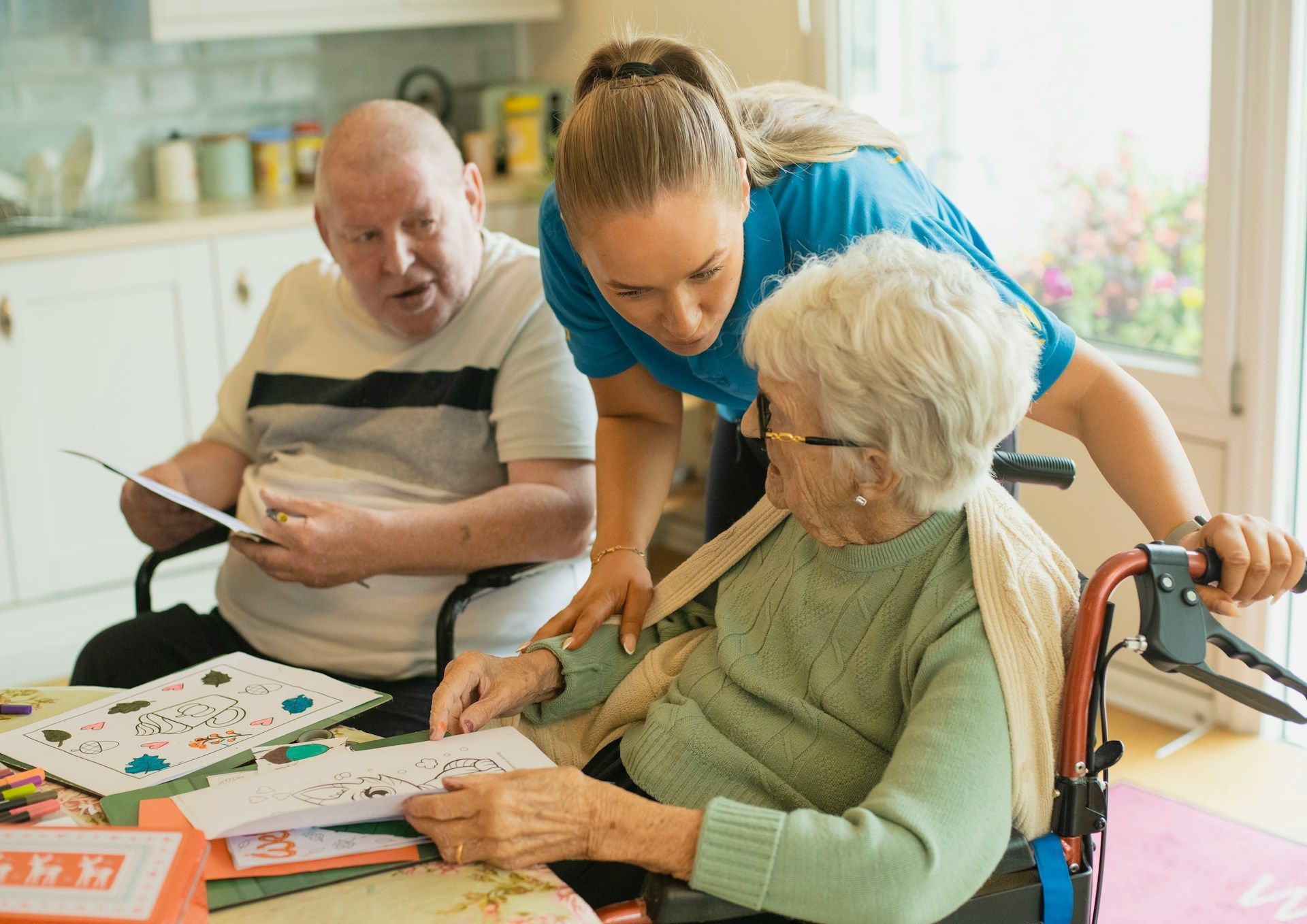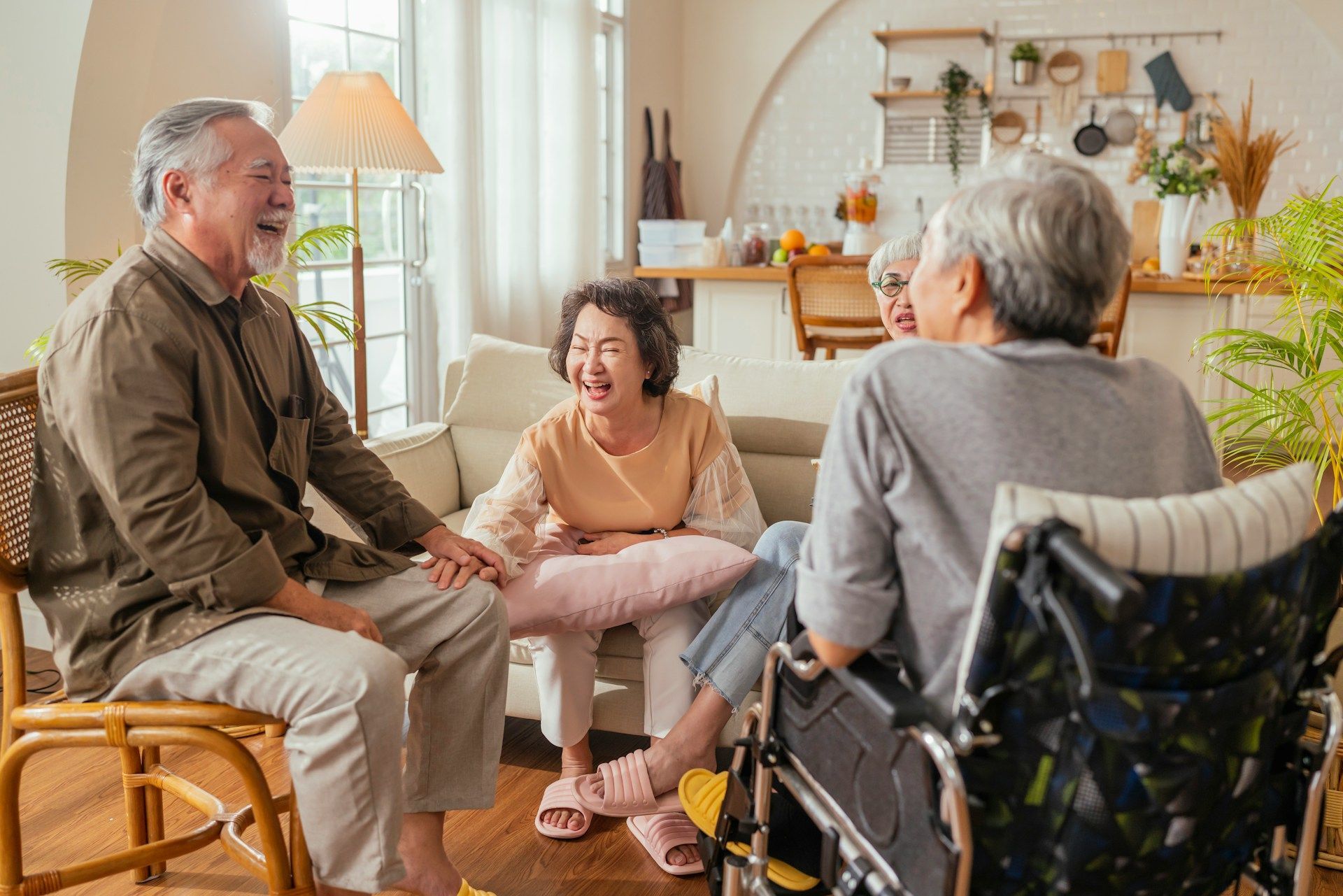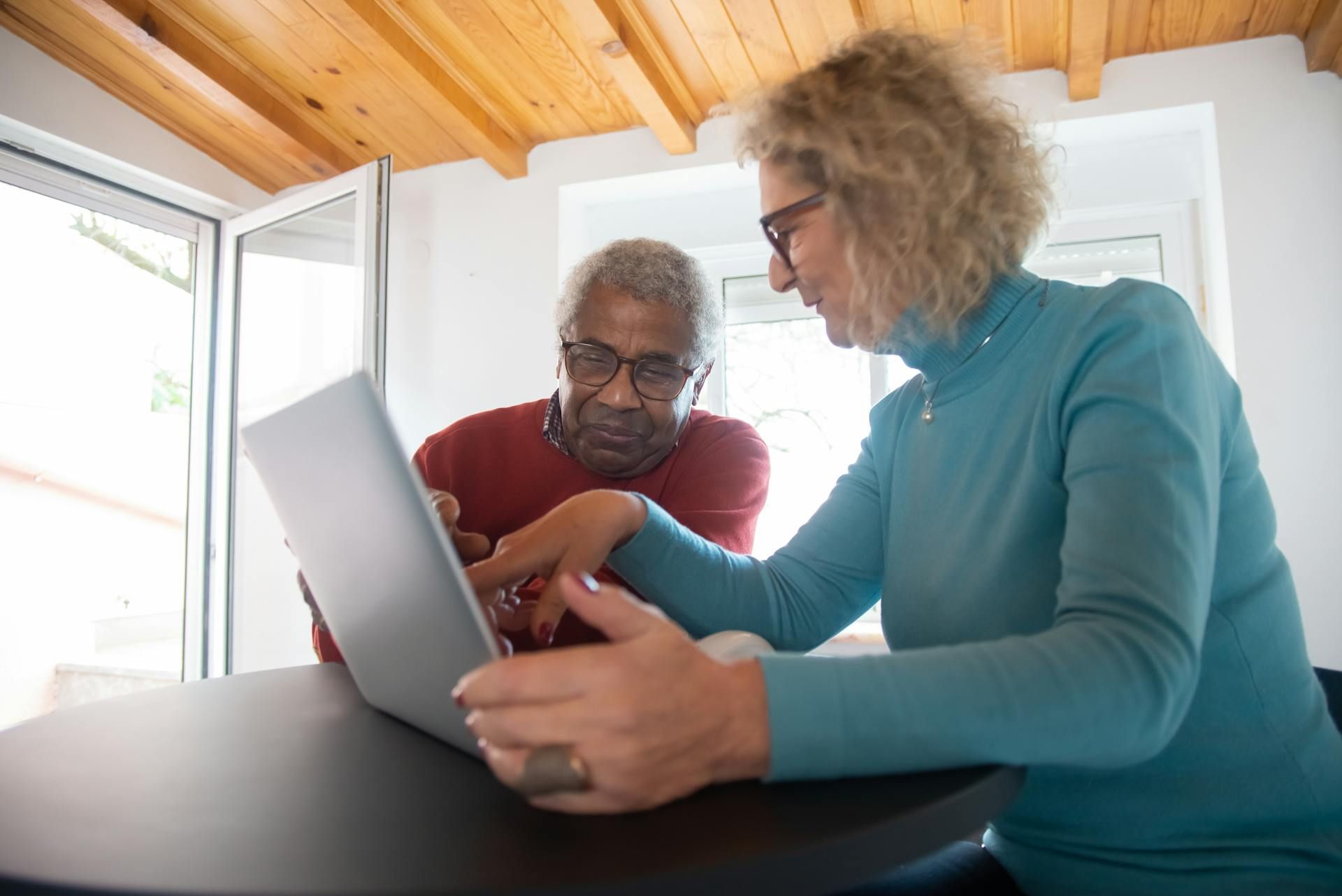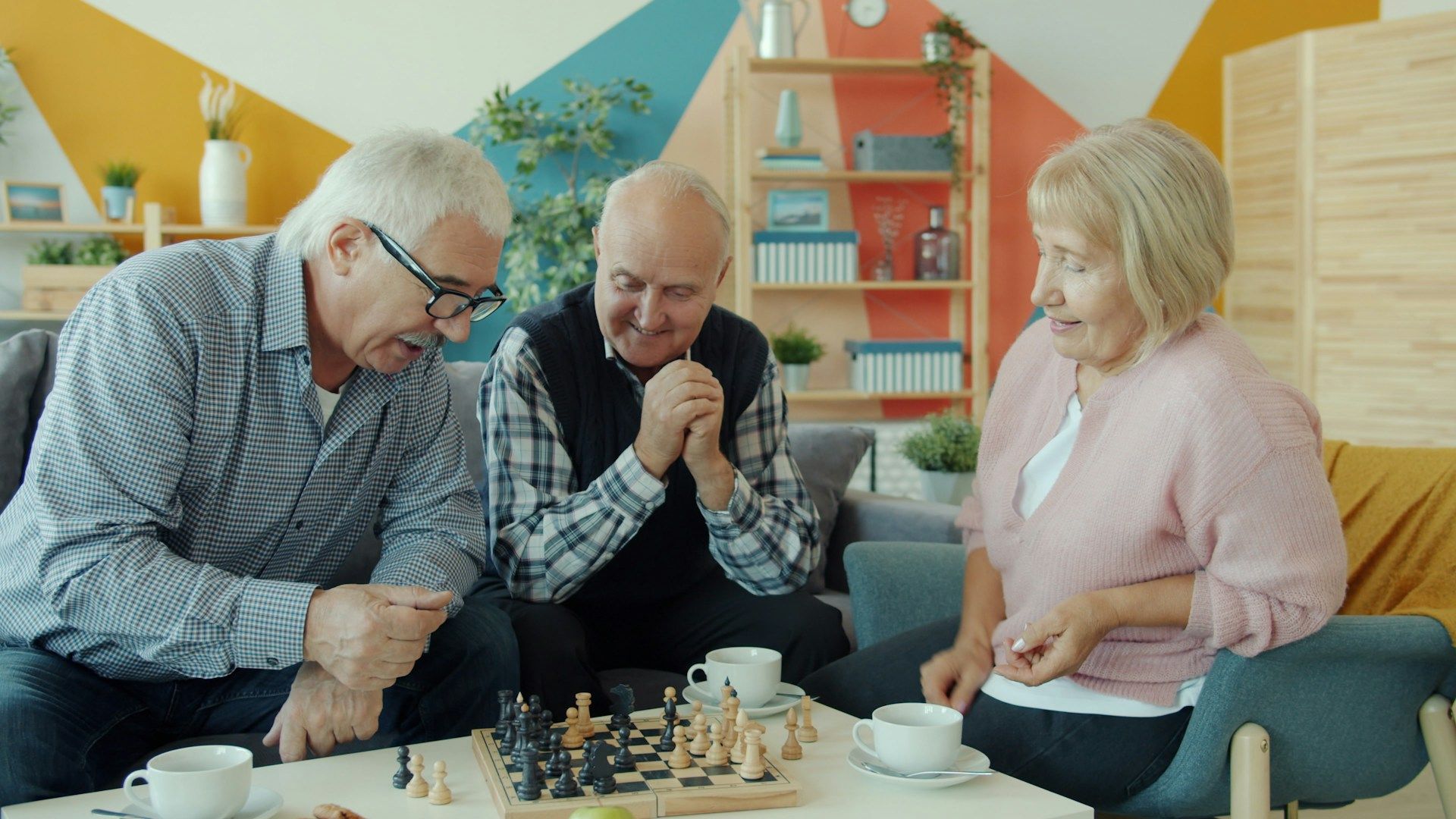Best Ways to Prevent Caregiver Burnout While Caring for Seniors
Taking care of a loved one can be deeply meaningful, but let’s be honest, it’s exhausting too. The long hours, physical demands, and emotional ups and downs can wear anyone down. A lot of caregivers try to power through, even when their body and mind start showing signs that they’re at their limit. When caring for an aging parent, partner, or relative becomes a major part of your life, it’s easy to forget about your own health. That’s when burnout sneaks in.
Burnout doesn’t just make things harder for you. It also impacts the person you’re caring for. When you’re mentally and physically drained, it gets harder to make good decisions, stay calm, and keep up with daily responsibilities. That’s why having elder care support for caregivers on Oahu is more than a luxury. It’s a way to maintain your strength, your focus, and your well-being. You don’t have to push yourself until you break down. Catching the signs early and making simple shifts can help you keep going with less stress.
Recognizing Signs Of Burnout
Some signs of burnout are easy to dismiss. A sore neck here, a sleepless night there. But when these small issues keep popping up, they can build into something bigger. That's why it’s important to tune in to your body and mind before things really spiral.
Common signs of caregiver burnout include:
- Constant fatigue, even after resting
- Trouble falling or staying asleep
- Losing interest in activities you once enjoyed
- Feeling hopeless or overwhelmed for long periods
- Being easily irritated, even by minor things
- Having frequent colds or small illnesses
- Avoiding friends, family, or social plans
Your mood might shift quietly at first. Frustration can slide into guilt, then sadness. Soon, you don’t quite feel like yourself anymore. This isn’t about being weak or selfish. It’s your body sending a clear message: you need a break.
Burnout doesn’t just hurt the caregiver. Seniors can feel the change too. They may notice your tone becoming short, your patience thinning, or your response time lagging. Spotting these signs early gives you a better shot at staying well and continuing to provide quality care.
You’re not alone. Many caregivers on Oahu wrestle with these feelings, even if they don’t always talk about them. A few changes to your routine or a little extra help can bring real relief.
Practical Self-Care Strategies
Self-care isn’t something extra. It’s something necessary. And it doesn’t have to mean long vacations or luxury treatments. Sometimes it’s just about giving yourself moments of quiet, rest, or something small that lifts your mood. Here are some practical ways to put self-care into your everyday life.
1. Set Time Aside Just for You
Carve out 15 to 30 minutes each day for yourself. That could mean a walk, a favorite snack, or listening to music. The activity doesn’t matter as much as the break itself.
2. Move Your Body
Light exercise goes a long way. Even stretching or a short walk can clear your mind, wake your body up, and shift your energy.
3. Don’t Skip Meals or Sleep
Caregiving sometimes means skipping meals or staying up late to finish tasks. But food and rest are not optional. Prepare easy meals ahead of time. Use timers or reminders to stay on track.
4. Try Deep Breathing or Short Pauses
When stress builds, take a few minutes to breathe deeply and reset. Simple breathing exercises work anywhere, even in the car or a quiet hallway.
5. Say “No” Sometimes
You’re not a machine. If someone asks for something that feels too heavy, it’s okay to say no. Setting limits keeps you from falling apart.
One caregiver on Oahu said she takes 10 quiet minutes in her car before picking up her loved one from day care. No phone, no noise. Just windows down and her favorite song. That short pause helps her feel more centered for the rest of the evening.
None of these steps are complicated. But they help your body and mind catch a breath. When you feel steadier, even the hard days become easier to handle.
Seeking Community Support
Being a primary caregiver doesn’t mean you have to do it all alone. There’s community support available across Oahu that can bring you relief, connection, and peace of mind.
Start with local caregiver support groups. Whether they meet in person or online, they offer a space to share stories, talk through frustrations, and learn from others going through the same things. Knowing that others truly understand can lighten your emotional load.
Short-term respite care is another valuable option. It gives you time away while trained staff or trusted programs look after your loved one. Whether you need a few hours to run errands or a day to rest, having that break keeps burnout at bay. Many caregivers on Oahu regularly depend on respite care to stay balanced.
Community life outside of caregiving is important too. Join a class, get involved in an activity, or visit a place you enjoy. Whether it’s a walk in the park or a simple workshop, spending time with people in different settings can help you feel more like yourself.
If getting out feels impossible, online groups and discussions offer connection and encouragement from home. A quick message or virtual check-in can remind you that others care and you don’t have to go it alone.
Effective Time Management For Caregivers
Even a few small time-saving strategies can make your days less stressful. Organizing your caregiving routine gives you more control and less chaos. Here are a few tips caregivers across Honolulu have found helpful.
- Prepare a simple daily plan
Write down what needs to be done each day. Group tasks by location or time so errands and chores flow better.
- Use a calendar or planning tool
Planners don't just track appointments. They free up brain space by keeping everything in one place. A wall calendar in a shared spot can also help your loved one stay aware of the day’s schedule.
- Schedule your breaks, too
Don’t squeeze in rest only when everything is done. That time may never come. Put your break on the calendar like any other appointment.
- Match energy to tasks
If you feel sharp in the morning, tackle heavier tasks early. Save easier work for times when your energy is lower.
- Share the load
It doesn’t all have to land on you. Let family take a chore or two. When someone offers help, accept it.
One caregiver in Honolulu sets aside Sunday nights as her planning hour. She looks at the upcoming week, adds appointments to her calendar, and even preps meals for Monday and Tuesday. She calls it her guardrail for the week—it keeps her steady when life feels bumpy.
No routine is perfect, and hiccups will happen. But a little structure makes it easier to breathe, adjust, and move through your day with less panic.
Staying Connected Through Clear Communication
Good communication makes caregiving smoother. When everyone involved knows what’s going on, stress levels go down. It all starts with being honest about what you need.
Start within your family. Let them know how you’re really doing. Not complaining, just sharing your reality. If you stay quiet, you may end up feeling taken for granted without ever being heard.
Keep the line open with healthcare professionals too. They can’t help you stay on track if you’re feeling lost or unsure but don’t speak up. Take notes at appointments or bring questions so you feel prepared.
Technology helps here as well. Shared calendars, messaging apps, or note tools can keep updates easy and organized. They reduce the need to say the same thing to multiple people and help avoid miscommunication.
You deserve to be supported. Clear, honest dialogue is one of the strongest tools you have to make that happen.
Make Time to Refuel and Keep Going
Preventing burnout isn’t about doing everything right. It’s about noticing when something’s off and taking steps to care for yourself before things get worse.
Every bit of care you give comes from your energy, patience, and presence. When you’re running low, caregiving becomes harder and more draining. Giving yourself regular chances to rest, eat, breathe, or connect makes a real difference in how you show up every day.
You matter just as much as the person you’re caring for. Taking a pause, saying no, or asking for help isn’t weakness. It’s a wise way to stay in the long run.
Do what you can to support yourself now. Your care will be better, your mind clearer, and your heart much stronger.
Taking a break and finding balance in caregiving allows you to thrive both personally and as a supporter. At Hale Hau’oli Hawai’i, our
elder care support for caregivers can be your helping hand. Our adult day care services offer meaningful engagement for your loved one, while giving you the time and peace of mind you need to recharge. Learn how we can help you create a stronger, more supported care routine.

